Alumni Spotlight: Nicole Barr '13, NP, LMFT
Alumni Spotlight: Nicole Barr '13, NP, LMFT
 Nicole Barr is equal parts nurse practitioner, private practice therapist, and now, instructor at the Wright Institute. She also spends her time conducting research and teaching other health care providers. Barr wears many hats, but she is not someone who wastes a single day on something she does not feel is important.
Nicole Barr is equal parts nurse practitioner, private practice therapist, and now, instructor at the Wright Institute. She also spends her time conducting research and teaching other health care providers. Barr wears many hats, but she is not someone who wastes a single day on something she does not feel is important.


 After a major life change like finding a new job, or moving across the country, it can be difficult for many people to adjust.
After a major life change like finding a new job, or moving across the country, it can be difficult for many people to adjust. Left to right: Lama Alameddine, PsyD with Alzheimer's Association staff member Mandi Gundersen
Left to right: Lama Alameddine, PsyD with Alzheimer's Association staff member Mandi Gundersen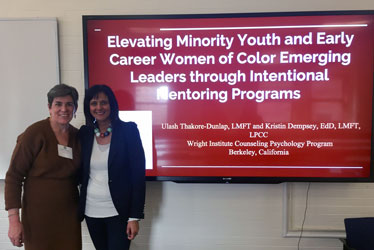 Each February, the Columbia University Teachers' College annual Winter Roundtable calls together psychologists, therapists, professors, and social workers to discuss cultural issues ranging from immigration and racial justice to community-based trauma. Now in its 36th year, the Winter Roundtable is
Each February, the Columbia University Teachers' College annual Winter Roundtable calls together psychologists, therapists, professors, and social workers to discuss cultural issues ranging from immigration and racial justice to community-based trauma. Now in its 36th year, the Winter Roundtable is 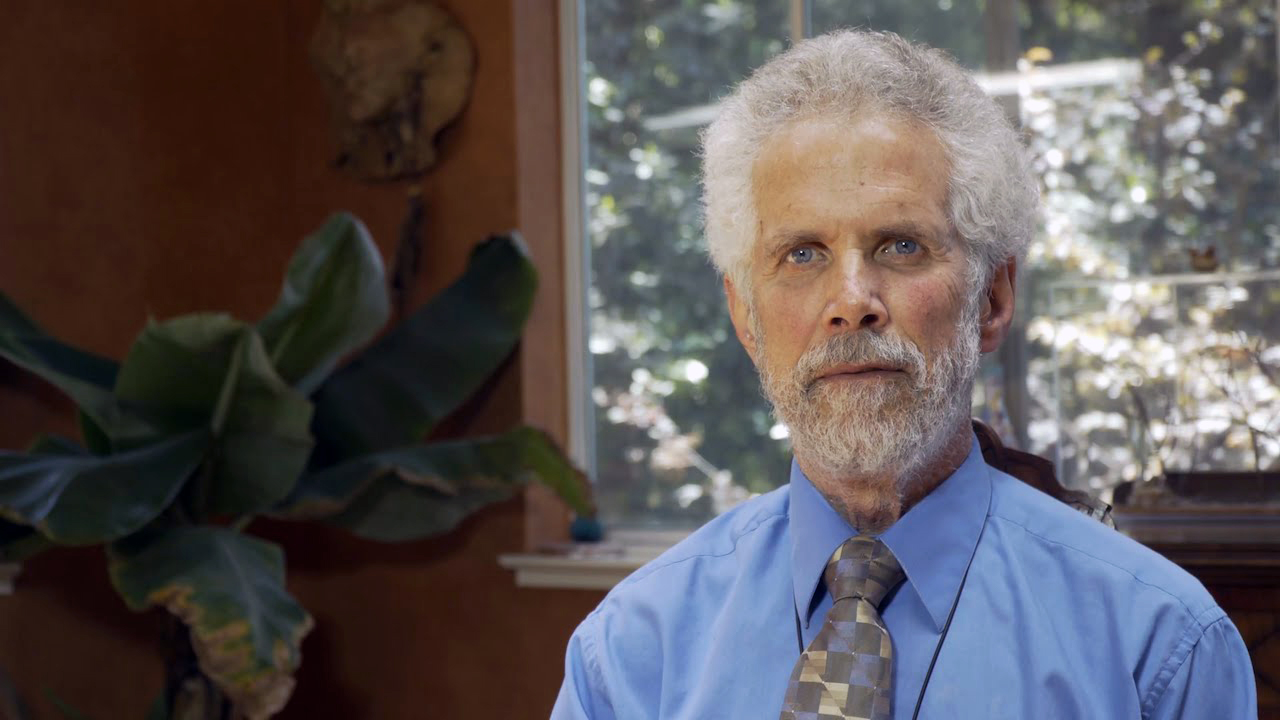 "We have won a tremendous victory at the Los Angeles Board of Supervisors," says
"We have won a tremendous victory at the Los Angeles Board of Supervisors," says 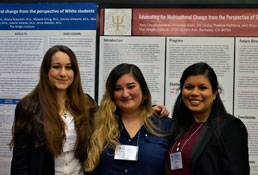
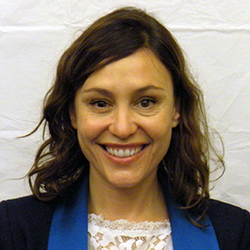 "A lot of school-based therapy, from a systemic standpoint, gets pushed towards behavioral issues," says Jennifer Dorsey, a 2017 graduate of the
"A lot of school-based therapy, from a systemic standpoint, gets pushed towards behavioral issues," says Jennifer Dorsey, a 2017 graduate of the 
 On February 2, The Psychotherapy Institute will host the
On February 2, The Psychotherapy Institute will host the 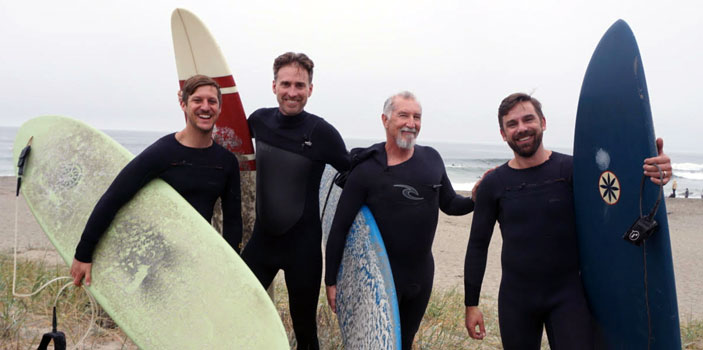 Surf therapy is a relatively recent addition to the mental health landscape. Best known for its use by the U.S. Navy, it is most often used to work with veterans suffering from Post-traumatic Stress Disorder (PTSD).
Surf therapy is a relatively recent addition to the mental health landscape. Best known for its use by the U.S. Navy, it is most often used to work with veterans suffering from Post-traumatic Stress Disorder (PTSD).